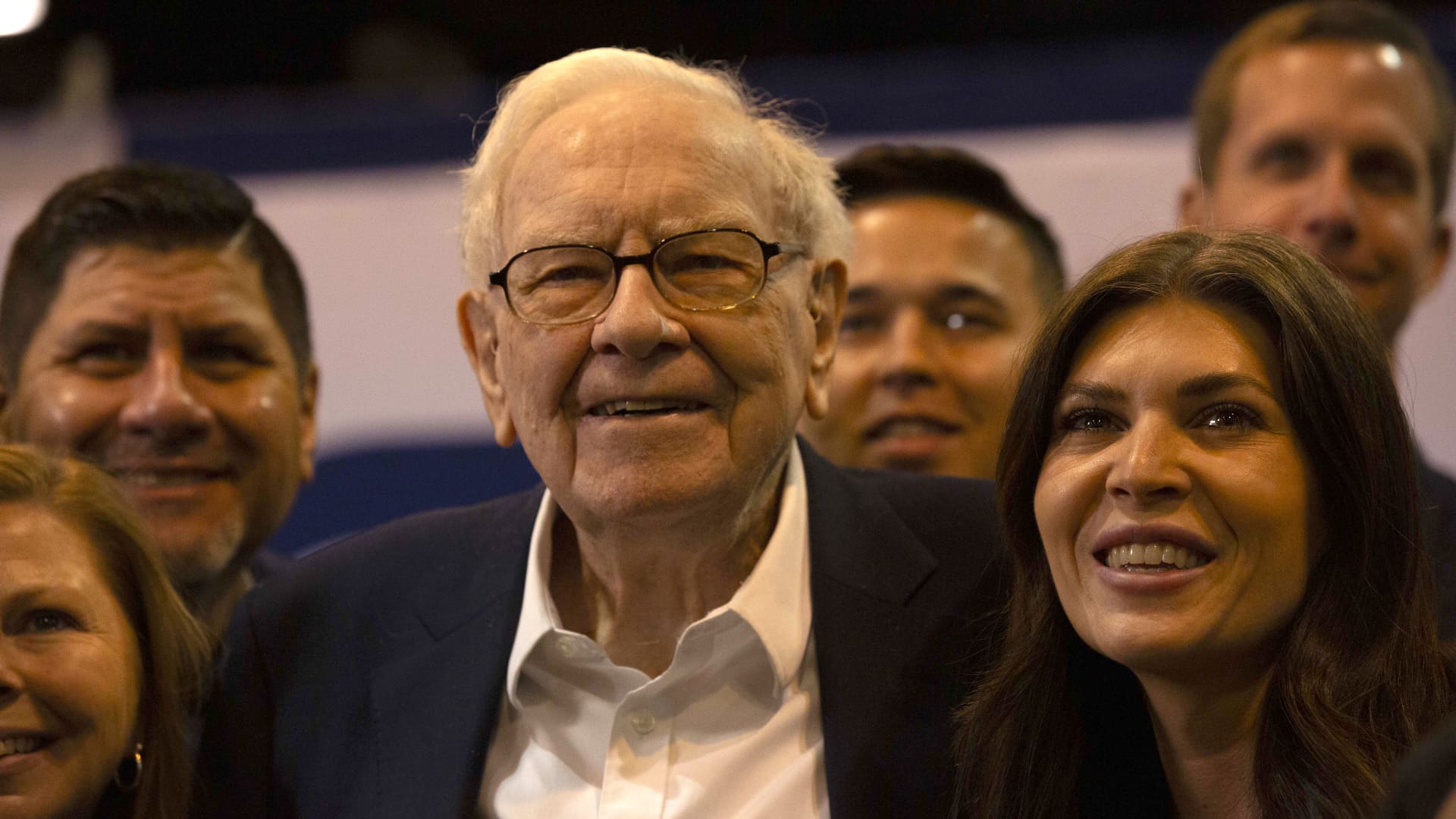7 Native-American Entrepreneurs You Should Know
Creating a sustainable business from scratch is never easy—especially for those with fewer mentorship opportunities and a lack of seed money behind their project. And yet many of the most successful Native American entrepreneurs have built thriving organizations with relatively little outside support.
These enterprising leaders continually prove that ingenuity and hard work are often the most important factors in growing a young startup into a thriving venture. The following are just a few of the success stories in the Native business community.
Key Takeaways
- Despite often lacking startup capital and business mentors, innumerable Native American entrepreneurs have succeeded with a combination of ambition and hard work.
- One of the wealthiest Native Americans in recent memory was Tom Love, a member of the Chickasaw Nation, who co-founded a vast chain of convenience stores.
- The founder of the Famous Dave’s barbecue chain, Dave Anderson, has both Choctaw and Chippewa heritage.
Tom Love
Love’s Travel Stops & Country Stores
Tom Love, a member of the Chickasaw Nation, and his wife, Judy (who isn’t Native American), were some of the most successful retailers in the country, with their chain of convenience stores generating roughly $24 billion a year in revenue, according to Forbes in August 2024. Today, Love’s Travel Stops & Country Stores are a ubiquitous sight on American highways, with 644 locations in 42 states. (Tom Love died in March of 2023.)
As with many prosperous businesses, the couple had to work their way up. The Loves leased their first gas station in Watonga, Oklahoma, in the 1960s with an investment of just $5,000. Judy Love and family are worth an estimated $11.6 billion.
“The same qualities that define Love’s Travel Stops define the Chickasaw Nation,” Tom Love said when inducted into the tribe’s Hall of Fame in 2019. “Since removal to the West, we have stood together during the hard times, helped one another in times of need, and shared victories, both large and small.”
Ken Hill
Grand River Enterprises
A Mohawk from the Six Nations of the Grand River, Ken Hill, and fellow Mohawk Jerry Montour founded Grand River Enterprises in 1993. Hill, Montour, and eight other Indigenous men formed a partnership to open and operate a plant in Six Nations. Hill died suddenly in January 2021, but not before building an extensive manufacturing enterprise with a distribution network covering 50 countries.
According to the company’s website, southern Ontario-based Grand River Enterprises has donated more than $40 million to Indigenous charities, which includes $25 million of support for the Dreamcatcher Charitable Foundation.
Dave Anderson
Famous Dave’s
One of America’s most beloved barbecue restaurant chains didn’t start in a barbecue mecca like Kansas City or Memphis but in tiny Hayward, Wisconsin. That’s where Dave Anderson—an entrepreneur with Choctaw heritage on his father’s side and Chippewa on his mother’s—started the first eatery that would bear his name: Famous Dave’s.
Since he was a young adult, Anderson relentlessly competed in, and often won, a string of barbecue contests to master his craft. Within a couple of years of starting his Midwestern restaurant in 1994, he had turned his growing chain into a publicly traded company. In September 2019, the company reorganized itself as BBQ Holdings, with an enterprise including 143 Famous Dave’s restaurants and several other restaurant and brewery chains due to a string of acquisitions from 2020 to 2021.
Stephen Mills
AQIWO
“Aqiwo,” which means “shooting star,” is a fitting name for Stephen Mills’s information technology and program management firm. The firm Mills launched in 2002 has definitely had a meteoric rise, garnering key clients in the public sector, including defense and intelligence agencies.
Mills, whose ancestry includes the Chumash tribe of North Central California, spends much of his time mentoring young Native Americans, including those looking to start businesses. His message to the Indigenous community: Remain optimistic. “So to stay true to your principles and beliefs, and live that out throughout your life is a hard thing to do,” he once told Profiles in Diversity Journal. “You have to be a strong person in the face of adversity, you cannot crumble up.”
Roxie Schescke
Indian Eyes, LLC
Indian Eyes may have seemed like a long shot to succeed in 2005 when Roxie Schescke decided to start the professional services firm out of her two-car garage. The Lakota entrepreneur was determined to make her vision a reality. She did, growing the venture into a multi-million dollar organization with more than 60 employees.
Today, the company provides everything from security and project management to plant operations and waste management services for businesses around the country. “It took many years to get to that point because I never had anyone to lean on or help me out,” she told Native Business magazine in 2019. “But I was determined.”
Kaben and Shelby Smallwood
Symbiotic Aquaponic
Kaben’s deep connection to aquaponics is rooted in his upbringing on his grandparents’ farm in Southeast Oklahoma where he spent over two decades working the land and managing farm operations alongside his brother Shelby. As a trained economist and proud member of the Choctaw Nation of Oklahoma, Kaben demonstrates his commitment to sustainable agriculture through his advisory role on the USDA Urban Agriculture and Innovative Production Committee. Shelby, Kaben’s brother, complements this passion with his hands-on experience and skills in fabrication and building, honed through his education at Colorado Mountain College and years of working on aquaponics systems since 2012.
The brother’s entrepreneurial drive led them to start Symbiotic Aquaponic. Symbiotic Aquaponic is a company that specializes in designing and implementing aquaponic systems, which integrate fish farming (aquaculture) with plant cultivation (hydroponics) in a mutually beneficial cycle. In these systems, fish waste provides essential nutrients for plants, while the plants naturally filter and purify the water, creating a sustainable and efficient method of agriculture.
Victoria Vasques
Tribal Tech LLC
Victoria Vasques spent much of her career in the public sector, including stints as the executive director of the White House Initiative on Tribal Colleges and Universities and as a member of the President’s Commission on Indian Reservation Economics. But she’s proved equally effective as a leader in private industry, founding the management and technical services company Tribal Tech in 2000.
Based in Alexandria, Virginia, the firm partners with federal agencies and tribes “to improve security, health, education, energy, and environmental services.” Vasques—whose ancestors include the Diegueño Mission Indians in California—has helped turn the organization into a juggernaut, with Tribal Tech landing on the Inc. 5000 Fastest Growing Company list for seven consecutive years.
In 2019, Vasques acquired the management consulting firm Cowan & Associates, which serves the public and higher education sectors.
What Are the Key Challenges Faced by Native American Entrepreneurs?
Native American entrepreneurs often face challenges such as limited access to capital, lack of infrastructure, and regulatory hurdles due to the unique legal status of reservations. Cultural barriers and historical marginalization also play a role, making it difficult to gain the business knowledge and networks necessary to succeed.
How Do Tribal Laws and Regulations Affect Native American Businesses?
Tribal laws and regulations can significantly impact Native American businesses, especially those operating on reservations. While sovereignty allows tribes to create their own legal frameworks, this can lead to complexities when navigating federal, state, and tribal jurisdictions.
What Resources Are Available for Native American Entrepreneurs?
Organizations like the Native American Business Development Institute (NABDI), the Small Business Administration (SBA), and various tribal business development centers offer financial assistance, mentorship, and training programs.
What Are the Key Funding Mechanisms for Native American Entrepreneurs?
Key funding mechanisms for Native American entrepreneurs include tribal loans, grants from the federal government, and private sector initiatives. The U.S. Department of the Interior’s Indian Loan Guarantee Program, for instance, provides guarantees for loans made to Native entrepreneurs, reducing lender risk. Additionally, Native CDFIs (Community Development Financial Institutions) offer microloans and financial services tailored to the needs of Native businesses.
The Bottom Line
Native Americans are responsible for a long list of success stories, from well-known restaurant and retail chains to innovative startups. Indigenous groups are breaking into the financial arena and commit investments to solving social issues faced by their peoples. While entrepreneurs with tribal backgrounds face a unique set of challenges, the individuals on this list have demonstrated that creativity and perseverance can lead to thriving businesses.
Read the original article on Investopedia.










